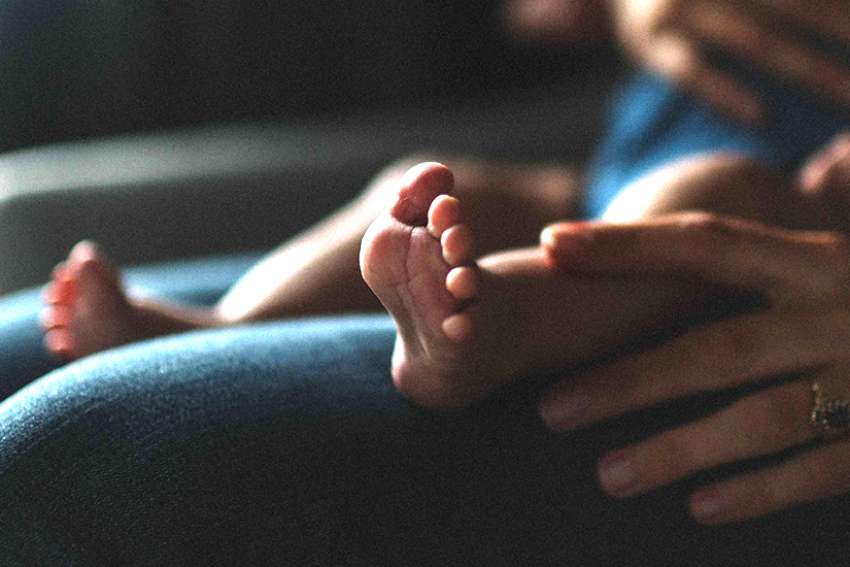Anti-natalist in India wants to sue parents for giving birth to him
By Catholic News AgencySix months ago, Mumbai resident Raphael Samuel brought the case up during breakfast to his parents, both of whom are lawyers, according to the BBC.
He is currently looking for a lawyer to take his case, for which he argues that people should be compensated for a life they did not request. He has not yet found a lawyer.
Samuel is a self-proclaimed anti-natalist, a position which views birth as essentially negative. Since the begetting of life precludes the consent of the begotten, Samuel has said it is unfair for parents to bring children into a world that involves suffering.
In a recent demonstration on his YouTube page, Samuel gave insight into reason behind the lawsuit. He said that if consent is not established before birth, then people do not owe their parents anything and should be financially maintained for the rest of their lives.
“Basically, I want everyone in India, and the whole world, to realize one thing – that they are born without their consent and that they do not owe their parents anything,” he said.
Samuel has promoted his anti-natalist philosophy on his Facebook page, Nihilanan. He often posts pictures of himself in a fake beard and sunglasses with messages claiming that reproduction is hypocritical and based on the self-interest of the parents.
"Isn't forcing a child into this world and forcing it to have a career, kidnapping, and slavery?" Or, "Your parents had you instead of a toy or a dog, you owe them nothing, you are their entertainment," he wrote in some of the Facebook posts.
The case has not caused a riff between him and his parents, as one might suspect. In a recent statement, his mother, Kavita Karnad Samuel, said she was proud of her son for his independent thinking.
He told the BBC that humanity's absence from the world would not only be a solution to human suffering, but also an improvement for the planet.
"There's no point to humanity. So many people are suffering. If humanity is extinct, Earth and animals would be happier. They'll certainly be better off. Also no human will then suffer. Human existence is totally pointless," he said.
"I know it's going to be thrown out because no judge would hear it. But I do want to file a case because I want to make a point," he told the BBC.
By contrast, the Church teaches clearly the value of human life.
In his 1995 encylical Evangelium vitae, St. John Paul II wrote that “man is called to a fullness of life which far exceeds the dimensions of his earthly existence, because it consists in sharing the very life of God,” and that the gift of human life is unexpected and undeserved.
“Even in the midst of difficulties and uncertainties, every person sincerely open to truth and goodness can … come to recognize in the natural law written in the heart the sacred value of human life from its very beginning until its end, and can affirm the right of every human being to have this primary good respected to the highest degree,” the pope wrote.
Please support The Catholic Register
Unlike many media companies, The Catholic Register has never charged readers for access to the news and information on our website. We want to keep our award-winning journalism as widely available as possible. But we need your help.
For more than 125 years, The Register has been a trusted source of faith-based journalism. By making even a small donation you help ensure our future as an important voice in the Catholic Church. If you support the mission of Catholic journalism, please donate today. Thank you.
DONATE

